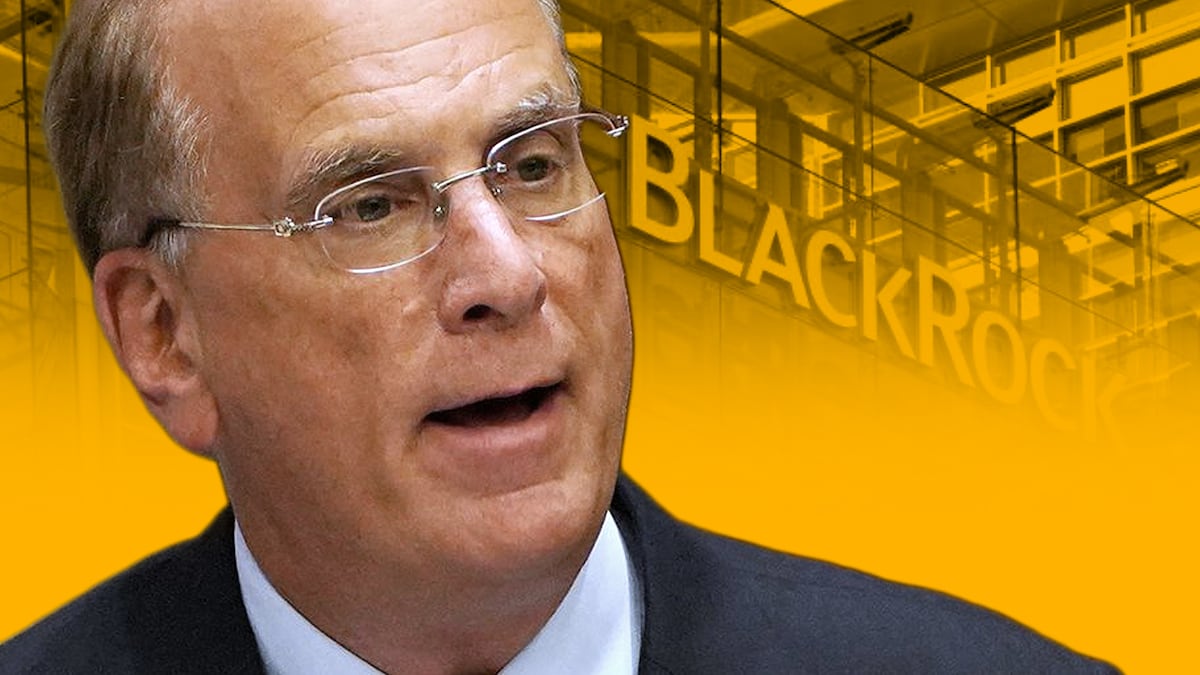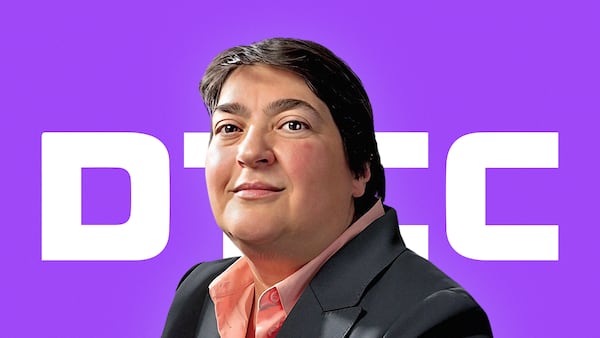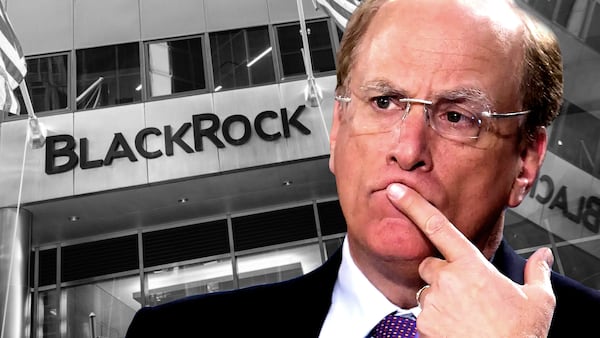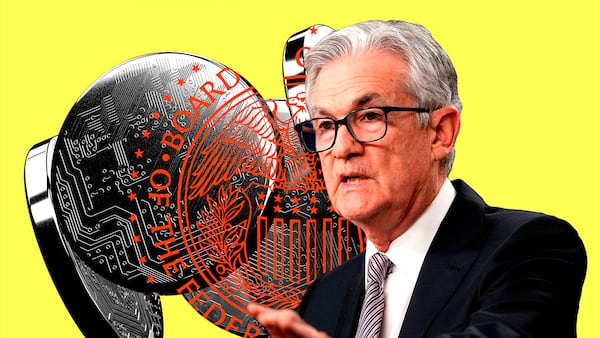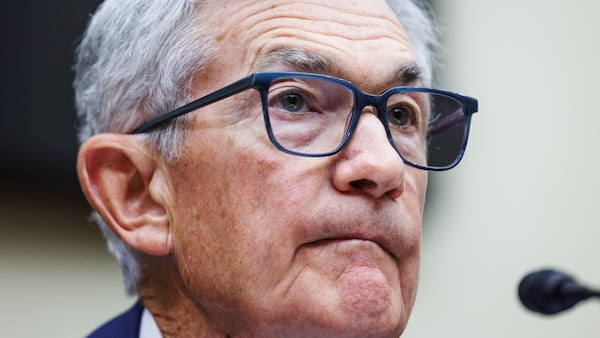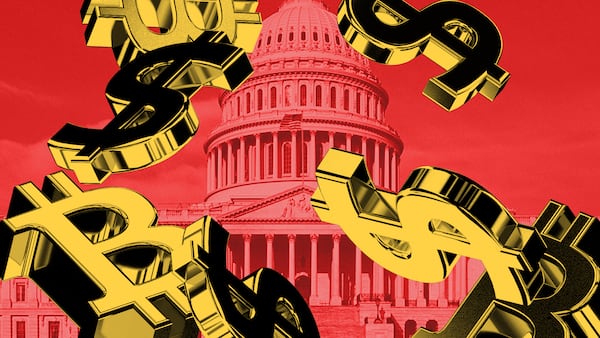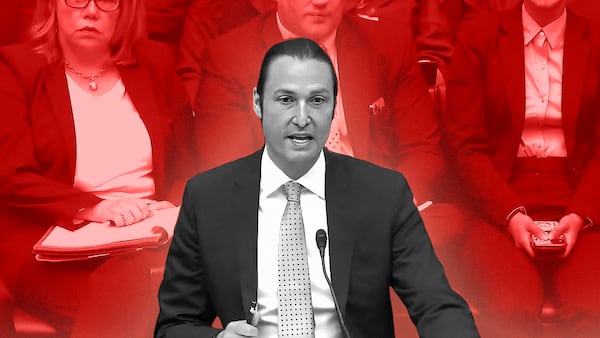- Client demand is pushing more banks toward tokenisation.
- Some have spent tens of millions of dollars building the necessary infrastructure.
- Tokenisation confers two advantages: speed and capital efficiency.
Demand is heating up for tokenisation, the process of converting traditional assets into digital tokens that can be traded on blockchains.
State Street, a bank holding $4.1 trillion in assets, is the latest to jump into the fray, last month inking a partnership with crypto custody and tokenisation platform Taurus.
“There are two main reasons, client demand and regulatory clarity,” Lamine Brahimi, co-founder and managing partner of Taurus, told DL News.
The way Brahimi tells it, fund management giant BlackRock’s entry into tokenisation earlier this year is influencing customers of other banks to demand similar services.
Tokenisation isn’t cheap. Brahimi said some of the banks his firm works with spent tens of millions of dollars over several years building the necessary infrastructure.
“The main advantage of using a player like us is cheaper total cost of ownership and an order of magnitude faster time to market,” Brahimi said.
State Street is not alone. Deutsche Bank, Santander, and Caceis, one of the largest asset custodians in Europe, are also working with Taurus to tokenise assets.
Tokenisation has been around for a while. As far back as 2017, firms experimented putting various financial instruments on blockchains.
Recent regulatory clarity regarding crypto assets in Europe and elsewhere has given many asset managers the green light to start rolling out in force.
Tokenised private credit has grown 39% to $8.9 billion this year, per data from rwa.xyz.
The value of all tokenised assets, including US Treasury debt and commodities like gold, sits as over $11.9 billion.
According to Brahimi, the trend will accelerate over the next few financial quarters.
Why tokenise?
Brahimi said tokenisation confers two advantages on banks: speed and capital efficiency.
He offered an example of two banks organising a common short-term loan to highlight the advantages.
“If I want to do it in the traditional way, the transfer of the money-market funds takes two days to go from one custodian to the other,” he said.
“If you tokenise it, it’s literally 25 seconds.”
Tokenisation is an opportunity for banks to access a new distribution method via crypto.
“They’ve been encouraged by the rapid growth of stablecoins,” Ian De Bode, chief strategy officer at real world asset platform Ondo, told DL News. “There’s growing evidence that the same demand exists for other traditional assets.”
In a recent interview with DL News, Roger Bayston, Franklin Templeton’s head of digital assets, predicted that demand for tokenised money funds will match the $169 billion stablecoin market in coming years.
The US lags
The key to the growth of tokenisation is gaining US regulatory clearance.
Banks operating exclusively in the US must confine themselves to using permissioned blockchains such as Hyperledger’s Besu, rather than more popular public options like Ethereum.
Brahimi blames that on a Securities and Exchange Commission 2022 ruling known as SAB-121. It created accounting obligations for companies to safeguard crypto assets for platform users that cannot be met on public blockchains.
This is a roadblock for many US firms eying tokenisation, as it limits them from accessing the most liquid blockchain markets.
Taurus, as well as many other tokenisation platforms advertise themselves as chain agnostic, meaning they don’t push clients toward any one blockchain.
Still, Brahimi said, many have a preference.
“When they have the choice, financial institutions are rolling out production on public blockchains,” he said. “When they don’t have the choice, they do it on a permissioned one.”
Tim Craig is DL News’ Edinburgh-based DeFi Correspondent. Reach out with tips at tim@dlnews.com.
